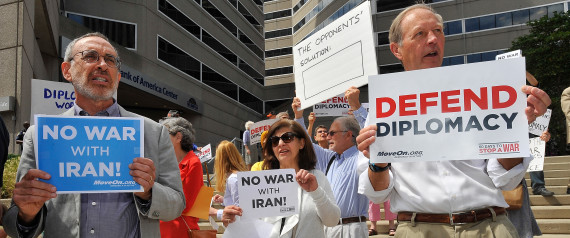The US has withdrawn from tackling the Middle East's most intractable problem, says the former President
Prostect / UK
Aug 13, 2015 - “At this moment, there is zero chance of the two-state solution,” said Jimmy Carter, giving his bleakest pronouncement yet on the Israeli-Palestinian deadlock to which he devoted much effort while President of the United States, and even more time since then.
“These are the worst prospects for peace between Israel and the Palestinians for years,” he said, adding that he didn’t think that Benjamin Netanyahu, Israel’s Prime Minister, “has any intention” of making progress towards the goal, the thrust of international efforts for decades, of the creation of a separate state for the Palestinians alongside Israel. After John Kerry’s efforts as Secretary of State to broker a deal, which collapsed in the spring last year, the “US has withdrawn” from the problem, he reckoned.
Carter, US President from 1977 to 1981, spoke to Prospect on the launch of his new book (his 29th), A Full Life: Reflections at 90, and just shortly before the operation that revealed he had cancer, and that it had spread. He is arguably the best recent case of a president who gained in stature after he left office, and this crisp survey of the arc of his life and passions shows why. It is a reminder of the strength of the moral views of someone described as “more of a missionary than a legislator”; his lack of fear in voicing them on the global stage, and his enduring lack of interest in political compromise.
His controversial and uncomfortable presidency, after narrowly defeating Gerald Ford, was dogged by clashes with the Democrat-controlled Congress. Speaker of the House Tip O’Neill, incredulous that the born-again Christian from Georgia stopped serving alcohol at the White House, and furious at how Carter, the former Governor of Georgia, put Georgians in key posts, became an insurmountable obstacle when the President refused on principle to reward potential supporters on Capitol Hill with bills containing “pork” (favours for local projects). That blocked many of his idealistic projects on energy, the environment and water, leaving the Egypt-Israel peace accords struck at Camp David as one of the landmarks of his time in office.


